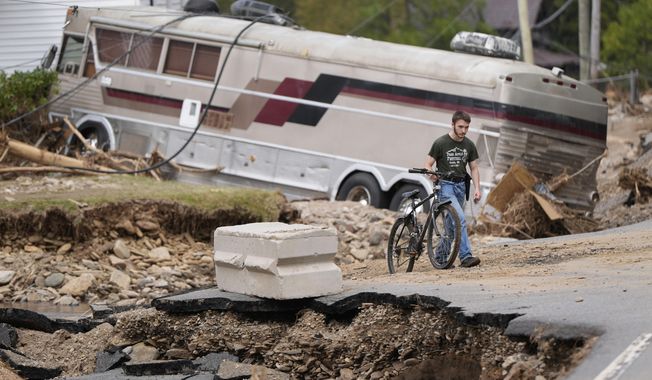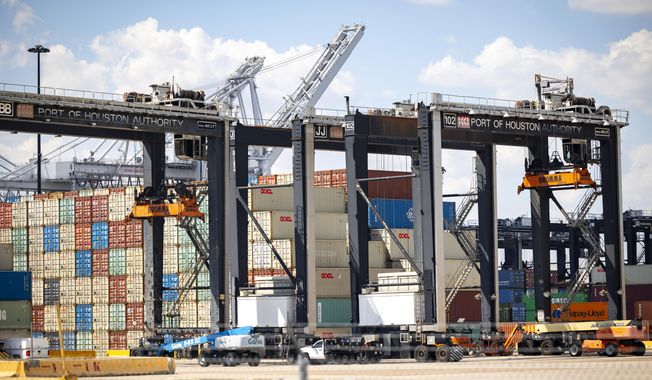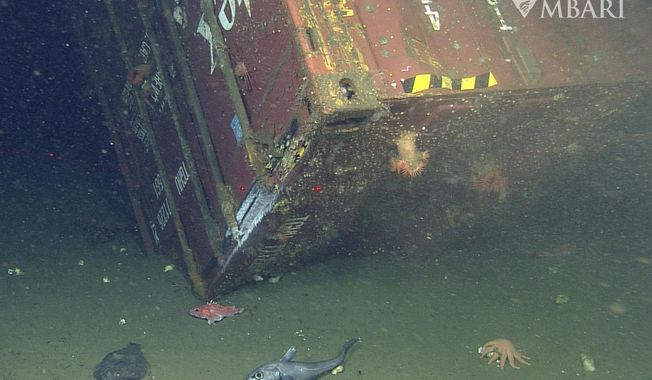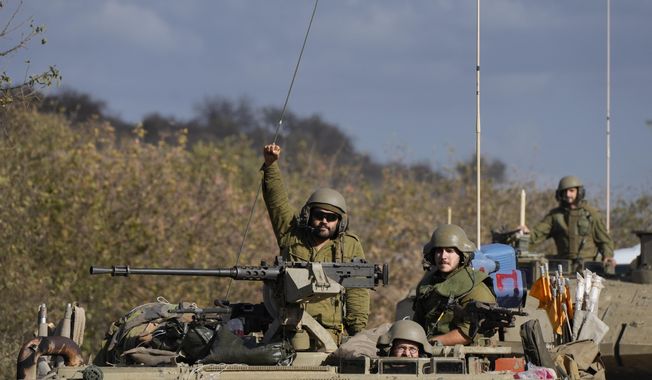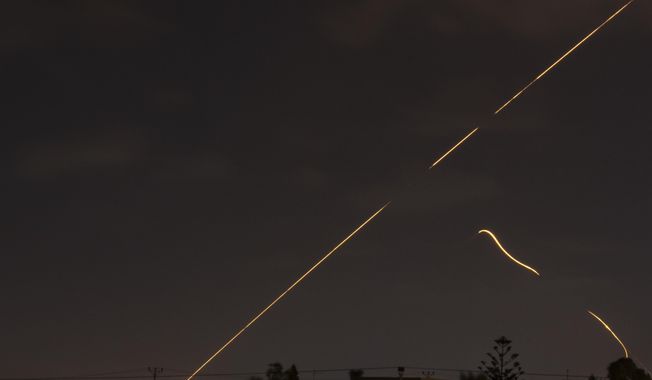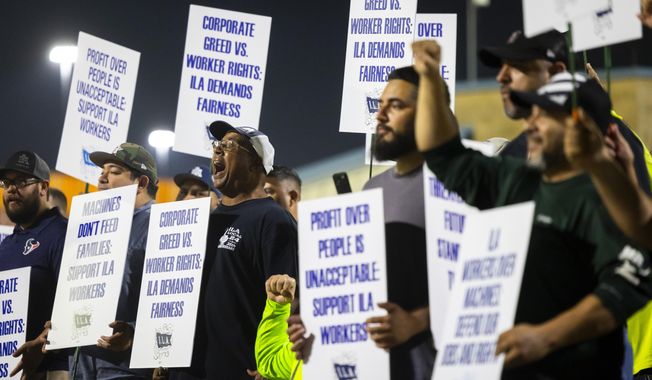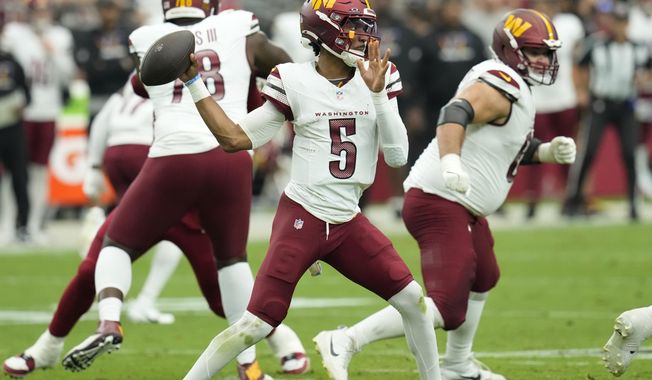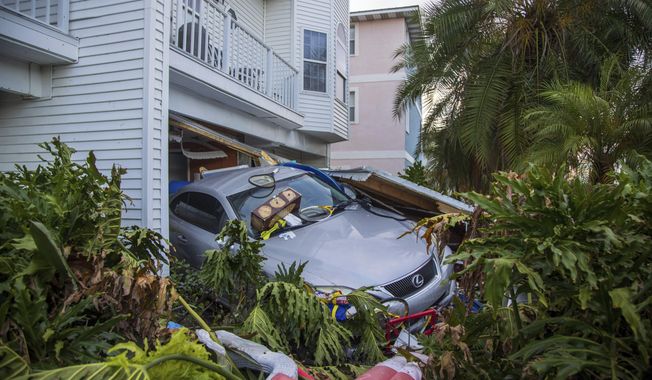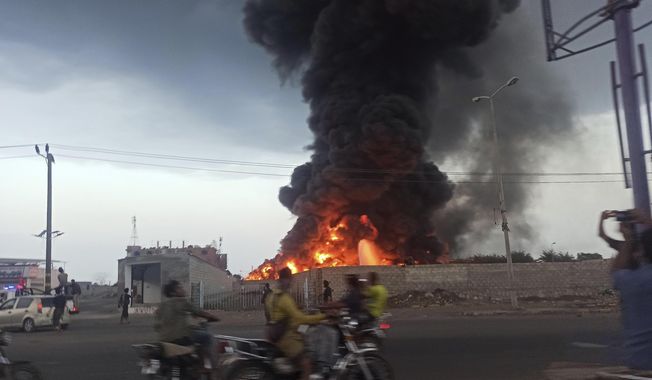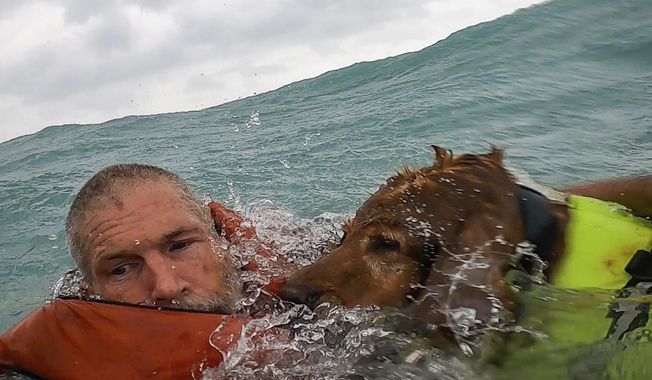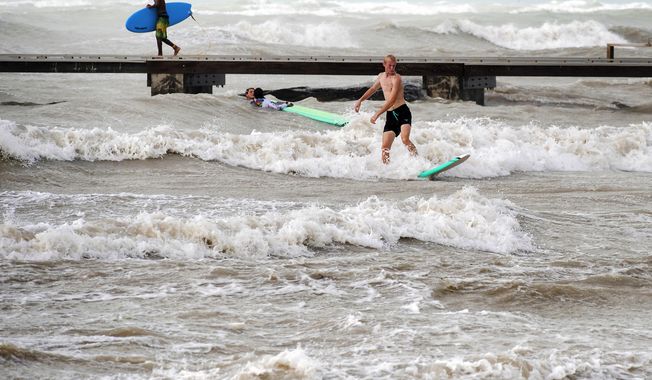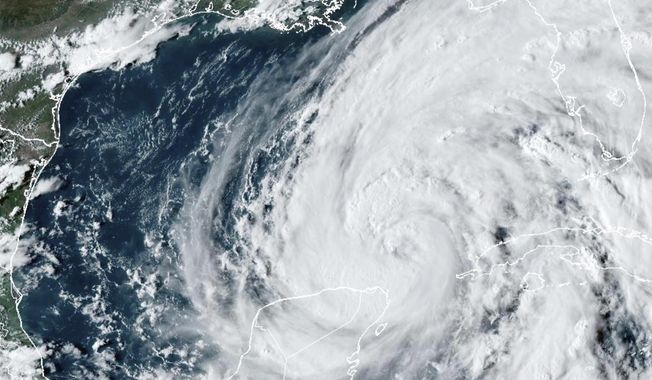
Sri Lankan auto rickshaw driver Prasad Dinesh, linked by Sri Lankan officials to nearly half the country's more than 2,600 coronavirus cases, sits in his house in Ja-Ela, Sri Lanka, Wednesday, July 1, 2020. For months he’s been anonymous, but now Dinesh is trying to clear his name and shed some of the stigma of a heroin addiction at the root of his ordeal. Referring to him only as “Patient 206,” government officials lambasted Dinesh on TV and social media, blaming him for at least three clusters of cases, including about 900 navy sailors who were infected after an operation in Ja-Ela, a small town about 19 kilometers (12 miles) north of the capital, Colombo. Dinesh, however, says his drug addiction, which is considered a crime in Sri Lanka, makes him a convenient scapegoat. (AP Photo/Eranga Jayawardena)
Featured Photo Galleries
